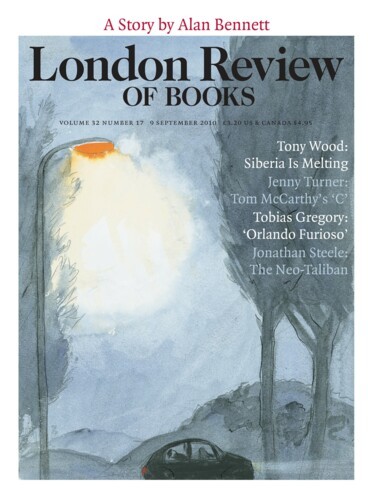From The Blog
13 May 2011
Pious as it’s tempting to be about Cannes, the European shrine of world cinema, you just have to look around to be reminded that this is a town for sale. The front of the Hotel Carlton is decked with lavish advertising for forthcoming Hollywood product such as Cars 2, Cowboys and Aliens and the next Transformers sequel. The lawn of another hotel, the Grand – formerly the town’s one oasis of green open space – is covered with gleaming white pavilions emblazoned with the logos of Grey Goose and Audi. Yet cinephiles continue to persuade themselves that we come to Cannes to prostrate ourselves at the altar of le septième art at its most rarefied. Moviegoing here is attended by something close to religious belief. French critics will talk of waiting for ‘des révélations’; we’re all after cinematic miracles, hoping for a film that will either shine from the screen or, at least, change some of the rules and sweep away some of our preconceptions.
13 May 2011


